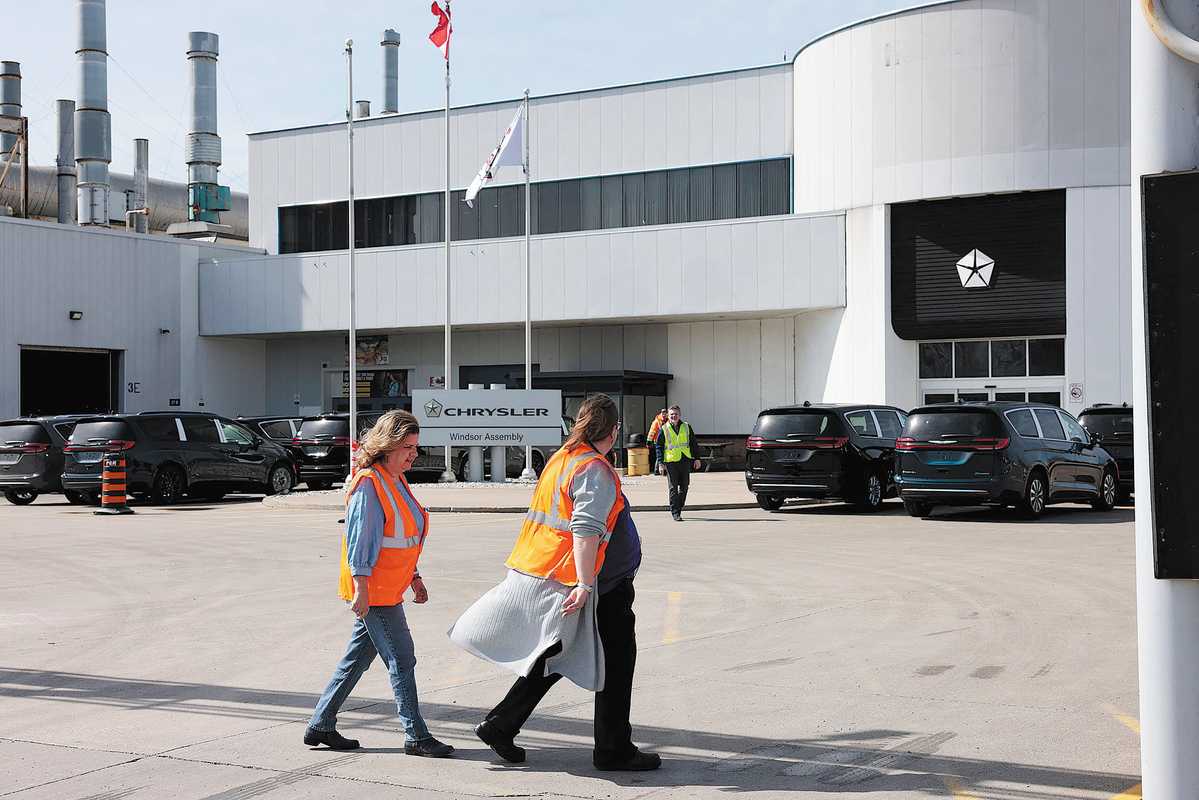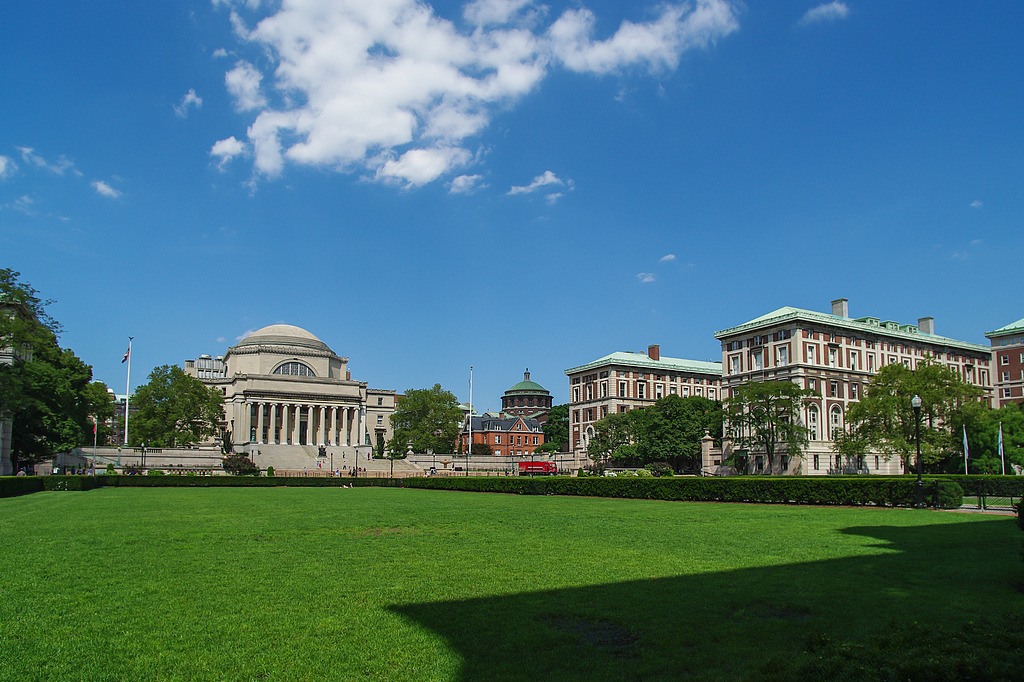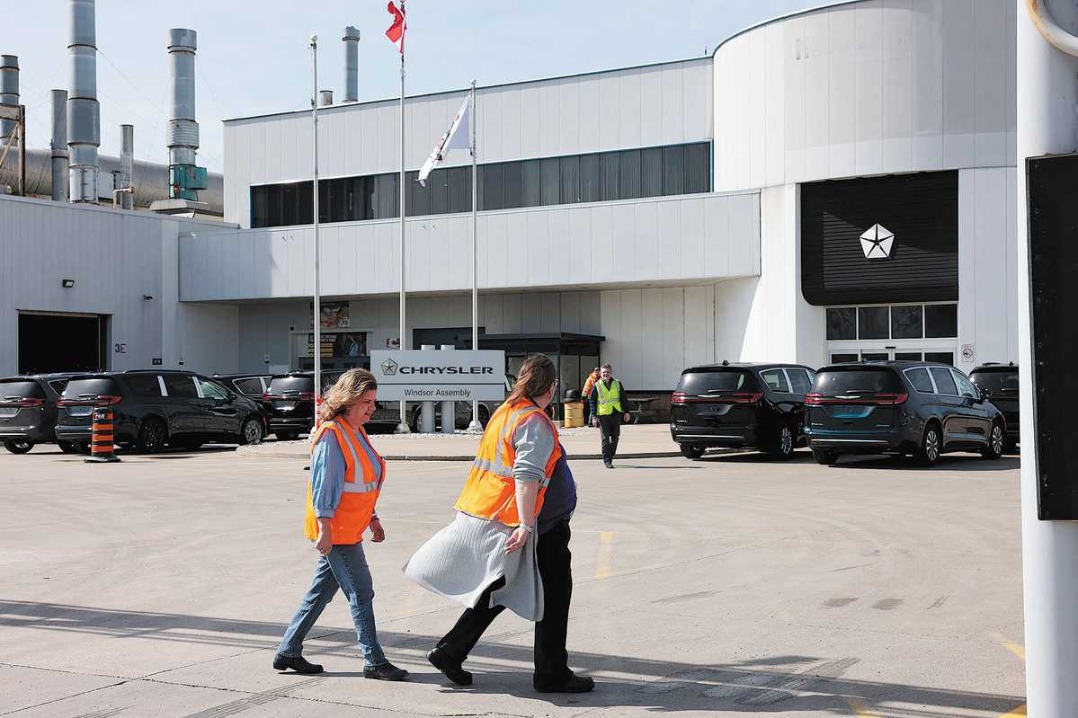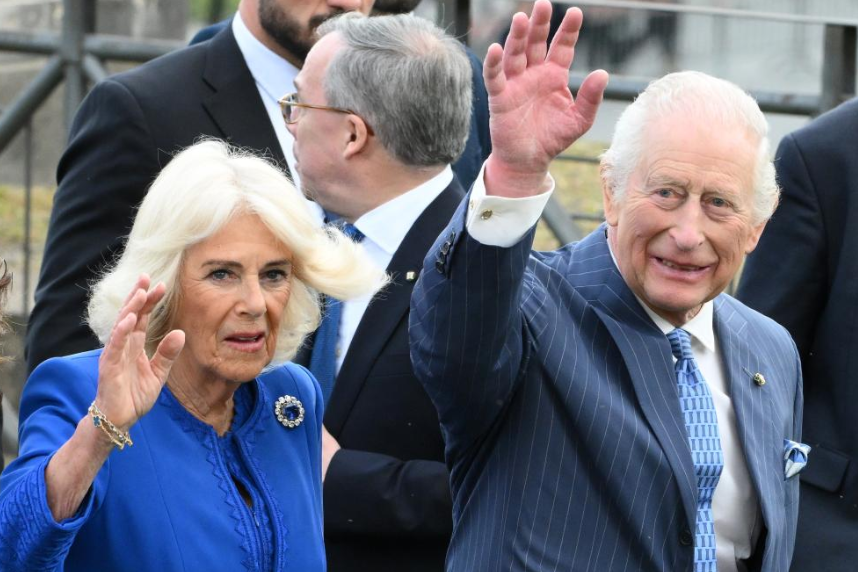Canada targets US auto imports amid trade tensions


Canada has escalated its trade conflict with the United States by slapping a 25 percent tariff on US-made vehicles, a defensive move that one expert says could hurt both economies.
Ottawa's response to a 25 percent US tariff on imported vehicles could trigger a fresh round of trade tensions between the countries, according to Julian Karaguesian, an economics professor at McGill University, who said Canada had to react to avoid being "just be an easy target".
Karaguesian, who served as a special adviser on international trade and finance to the Canadian Ministry of Finance, said there's a political argument for retaliation, but it comes with risks. "Canada's economy is highly integrated with the US, and an extended trade war would damage both," he told China Daily.
On Thursday, Canadian Prime Minister Mark Carney announced that the country would impose a 25 percent tariff on US vehicle imports that do not meet the standards of the US-Mexico-Canada Agreement, or USMCA. "We must respond with both purpose and force," he said.
Canada has requested World Trade Organization dispute consultations with the US concerning Washington imposing a 25 percent duty on automobiles and auto parts from Canada, the WTO said on Monday.
Karaguesian said that while Canada legally has the capacity to protest such tariffs under free trade deals such as the USMCA or through the WTO, the effectiveness of those measures is uncertain.
"The problem is that trade law and trade politics don't always align," he said. "The US might not care about legal arguments if it sees a strategic benefit in imposing tariffs."
Karaguesian also said that Canada has leverage in certain sectors, such as aluminum, which he said makes up 60 percent of US imports and largely comes from Quebec.
However, he proposed avoiding dollar-for-dollar tariffs and argued that Canada should direct procurement spending as much as possible away from US companies and toward domestic ones.
He said Trump's tariffs aim to reverse US deindustrialization, but his approach risks escalating tensions rather than rebuilding manufacturing. "It's a zero-sum mindset that ignores shared North American interests," he said.
Automaker Stellantis announced a two-week production pause starting Monday at its facility in Windsor, Ontario, citing trade-related uncertainty. The plant employs more than 3,500 workers.
The counter-tariffs are expected to raise about C$8 billion ($5.64 billion), which Carney said will be used to assist Canadian workers.
gaoyang@chinadailyusa.com

































